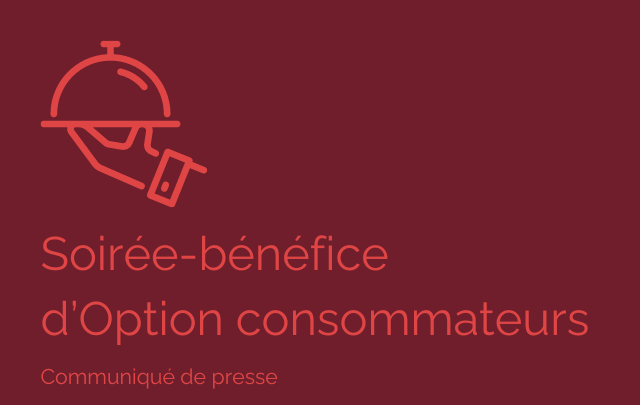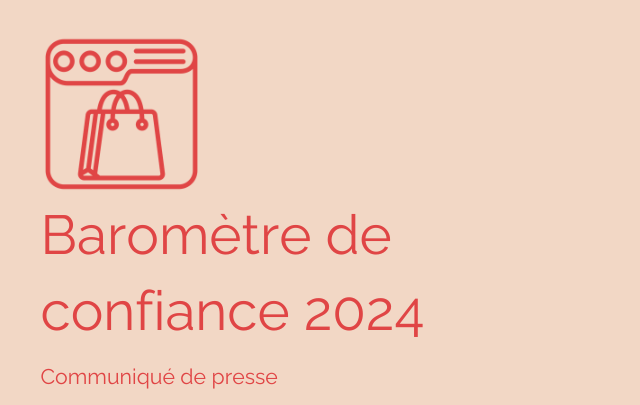
Do you live in a condominium? Insurance changes are affecting you!

Do you know the purpose of the new register of unimproved private portions to be held by the syndicate?
Living in a condominium isn't always easy. Because you are a co-owner with others of the whole co-ownership, you have to deal with the choice of the majority: making the necessary repairs (or not), respecting the established rules (or not), and so on.
In recent years, many condominiums have had disastrous experiences. The government has therefore intervened with 2 bills, on June 13, 2018 (PL 141) and December 5, 2019 (PL 16) to prevent the situation from deteriorating. Let's explore these bills and the impact they will have on you, to fully understand them.
Condominium insurance
François and Lynn own a beautiful condo in a 4-storey building built 30 years ago. The neighbors are charming and life was pleasant, at least until the upstairs neighbor's washer broke... For the past 3 months, it's been hell; they can't get compensation, the condo insurer and their insurer tossing the ball back and forth over who's going to pay.
In condominiums, there are 2 insurers. To find out who should pay for the risk (water damage), you need to look at how the law divides insurance coverage between them. By law, the co-owner's insurance covers the co-owner's leasehold improvements, property and civil liability. The rest is covered by the syndicate's insurer. This means that all private portions with no rental improvements are covered by the insurance taken out by the syndicate.
In the case of François and Lynn, the condominium insurers are unable to determine whether the damaged siding in their apartment is a tenant improvement or part of the private portion without improvement. To be able to determine this, they would have to go back 30 years and see the condition of the private portion without the extras and renovations made over the years. When they bought the condo 5 years ago, the siding was already in place; François and Lynn don't know how long it's been there. They also don't know if it's the same type of siding that was there in the first place, which explains the problem they're experiencing now.
The register of private portions without leasehold improvements
To correct this situation, the government is now imposing the creation of a register of private portions with no tenant improvement. For the syndicat de copropriété, this will mean detailing the components of a "basic" unit (i.e., with no tenant improvement), so that it can be determined whether the change made by a co-owner constitutes a tenant improvement, or simply the replacement of a component at the end of its useful life with a similar one.
The government has given condominium associations 2 years to prepare this register, which they must make available to all co-owners. For co-ownerships established before October 31, 2017, if the register does not exist by June 13, 2020, the law stipulates that the private portions will be deemed to have no improvements. What does this mean? In short, if you haven't completed the inventory by June 13, all co-owners will have to pay to insure the loss of one co-owner's marble countertop, another co-owner's wood floor, and so on.
Tools are available to help you. Consult a professional technologist, an architect or your condominium association to access these aids.
Obligation of the syndicate to act with diligence
What happens if François and Lynn's syndicate of co-owners refuses to ask the co-ownership insurer to cover the loss, arguing that the claim will increase the annual premium? What if the syndicat de copropriété also refused to carry out the work, deeming the decision wiser and more economical for the community? Could it do so and leave François and Lynn to deal with their upstairs neighbor?
You should know that the syndicat de copropriété cannot refuse to carry out repairs. In fact, since December 13, 2018, the law specifies that if the board of directors decides not to apply to the insurer to cover a claim, it is nevertheless obliged to proceed diligently with repairs. Moreover, it cannot ask the co-owner to pay for the damage that would have been covered by the insurance. This means that, in addition to having to carry out the repair work, the syndicate must pay for the portion of the loss that was covered by the co-ownership's insurance, out of its own funds.
As you can see, insurance is a complex issue in condominiums, covering many aspects.
Do you have any questions?
Visit http://www.lacopropriete.info/ or read our article on buying a condo and condo insurance.






